THIS POST MAY CONTAIN AFFILIATE LINKS. PLEASE SEE MY DISCLOSURES. FOR MORE INFORMATION.
As Joe Biden enters another year as president, it’s essential to recognize the clear failings of his economic platform over the past months.
Sure, he makes frequent statements about money being at “the root of all evil,” and President Biden has certainly dedicated attention towards maintaining flooring wages, but if we take a closer look at where things are actually headed in terms of tangible economic progress, it quickly becomes apparent that there is still much work to be done on this front.
From concerns surrounding income inequality and disproportionate wealth concentrations amongst certain groups within our society to chronic underemployment faced by segments of our nation, these issues continue to exist under Biden’s watch despite his empty rhetoric on fiscal prosperity.
Therefore, I will explore why President Biden needs to move beyond mere expressions of goodwill regarding ‘economic equality for all’ and start taking real action on improving Americans’ livelihoods from coast to coast!
What is Bidenomics?
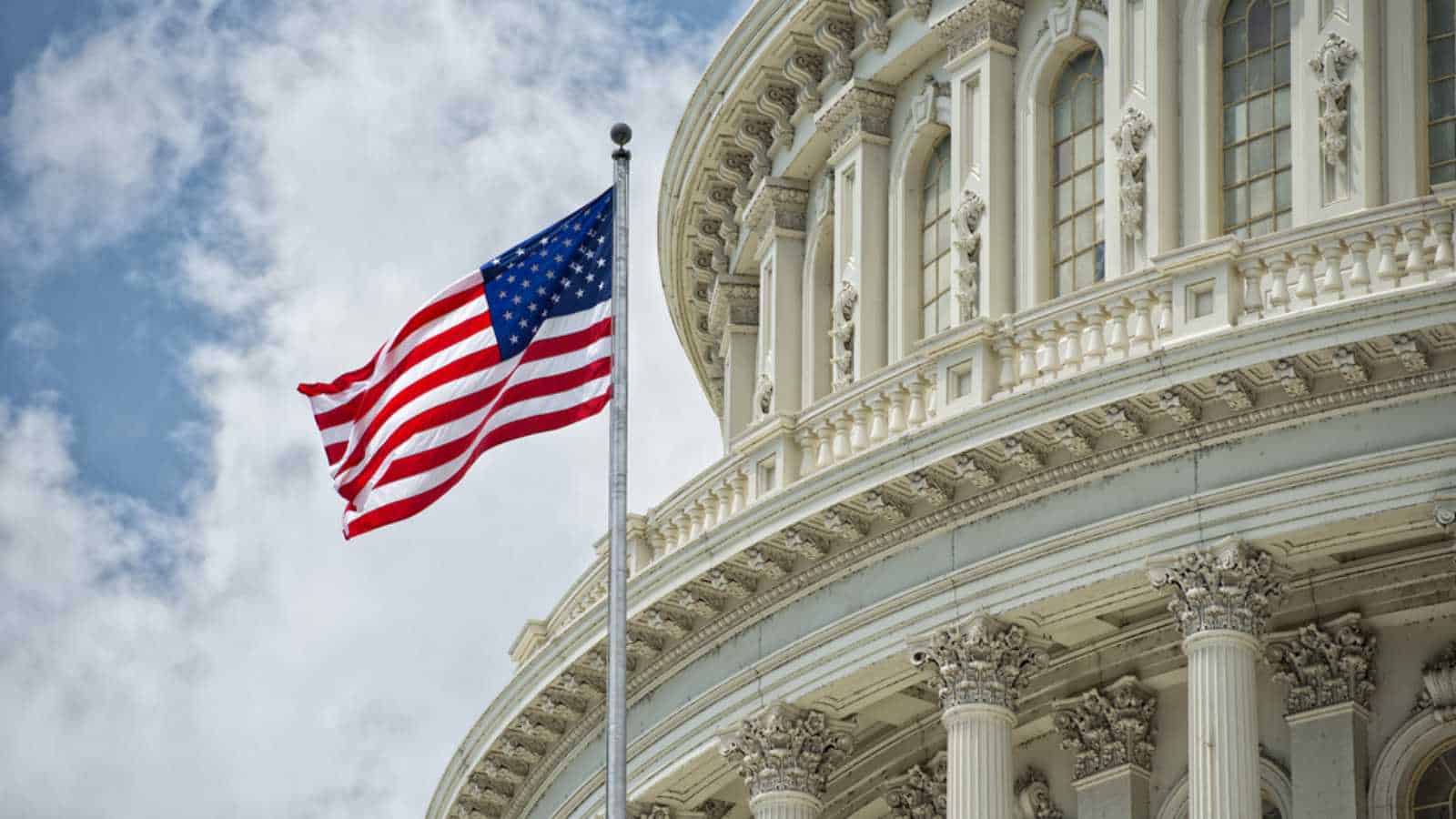
At its core, Bidenomics is an economic vision centered around three key pillars: Making smart public investments in America, empowering and educating workers, and advancing racial equity. Bidenomics is based on the idea that the economy should work for everyone, not just those at the top.
Bidenomics is a bottom-up economic growth approach focusing on the middle class and working families.
The philosophy behind Bidenomics is that by investing in the middle class, you can create a stronger and more resilient economy that benefits everyone.
The Standard Of Living Has Plummeted

It is no secret that the standard of living has dropped drastically over the past few years. As a result, millions of Americans are finding it increasingly difficult to make ends meet and pay for basic needs such as food, shelter, and medical bills.
This trend ultimately leads to an overall decrease in consumer confidence, which can severely impede economic growth in the long term.
The Wealth Gap Has Worsened

The wealth gap between the rich and poor has widened significantly since the Great Recession of 2008.
According to a report by the Federal Reserve, more than 40% of Americans are either in debt or living paycheck-to-paycheck with little to nothing saved for retirement.
Out of Control National Debt
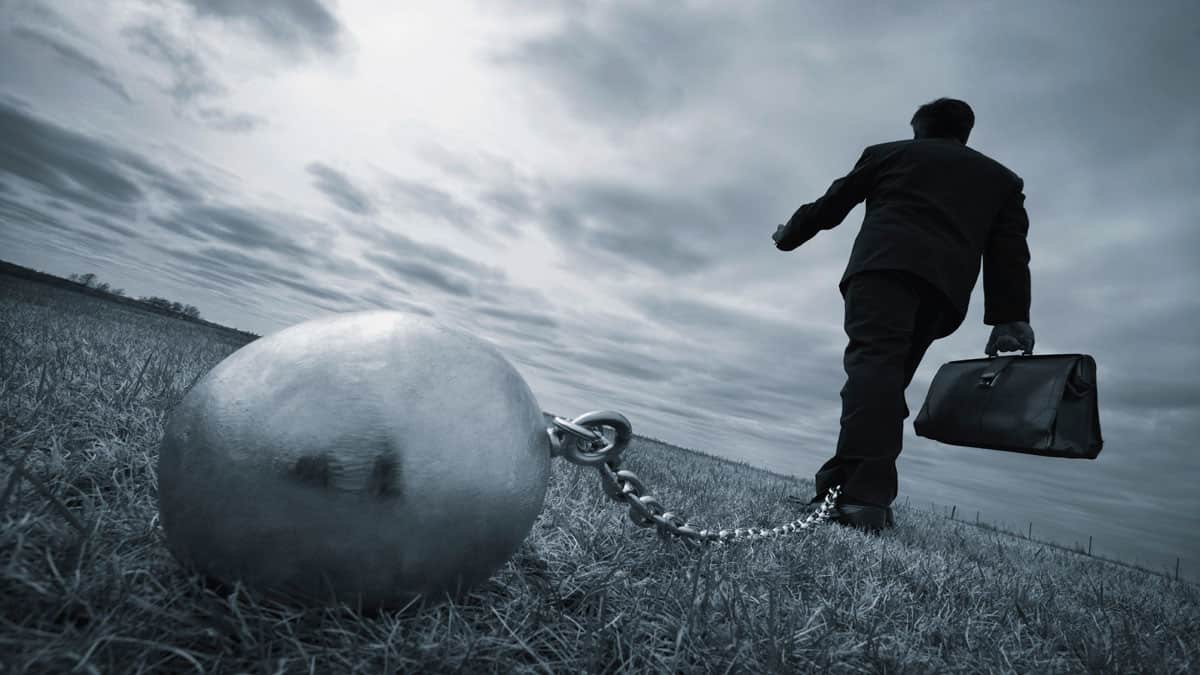
President Biden likes to tout he has reduced the deficit, but it is days away from reaching a record high $33 trillion.
What impact does this have on the average American?
As the government continues to print money, it makes inflation go up.
This is why the last two inflation reports show an upticks in the CPI.
When inflation is high, it impacts every part of a person’s financial life.
Touting The Future Benefits

The main message from President Biden is that his economic policies are working and that to feel the full impact, all we need is time.
The problem is they aren’t working, and many fear that, in time, things will get worse, not better.
This is because the government continues to spend without thought.
Inflation will not come down as long as the government keeps pumping money into the system.
It doesn’t matter how high interest rates go or how slow the job market becomes.
When you continue to add gas to a fire, that fire keeps burning.
Don’t Forget About Clean Energy

Electric bills will rise with the Green New Deal, which would cost trillions of dollars (government spending) and significantly impact households.
Eventually, you will have to buy an electric car and might even need to consume less beef.
Wages Not Keeping Up with Inflation
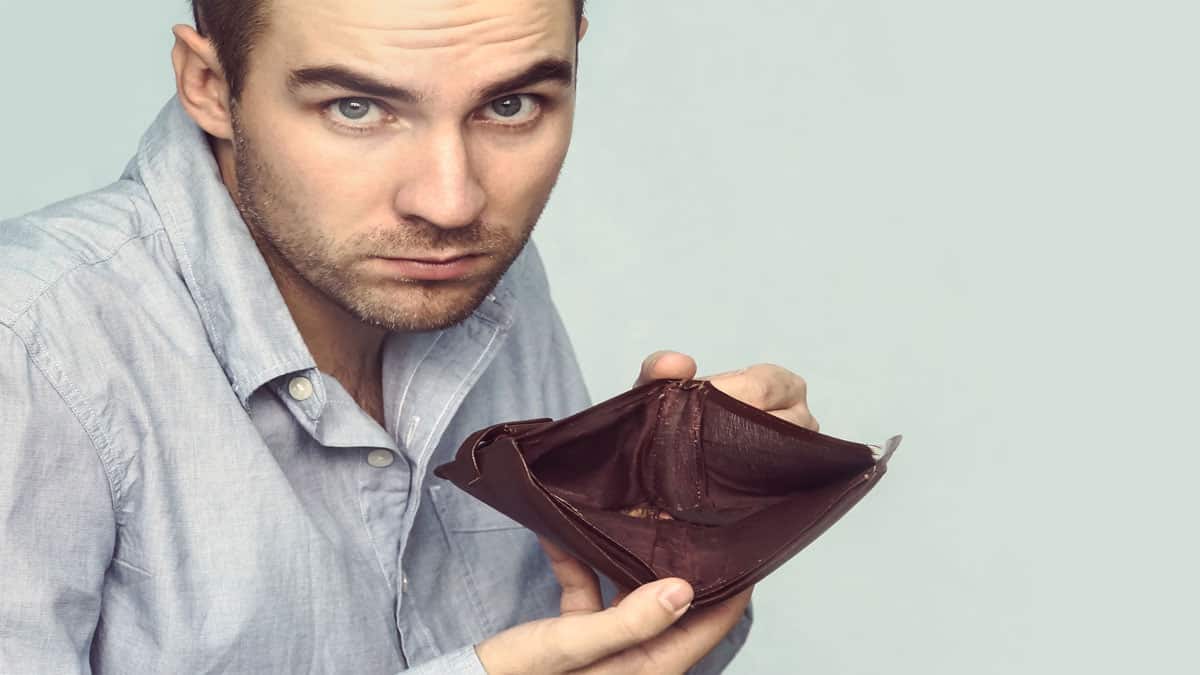
One major issue with the economic plan is that the wages people earn are not keeping up with the pace of inflation.
So while people were more than happy to receive pay raises from their current employer or when changing jobs, the increase did not cover the rise in prices of the things they were buying.
In the end, they are still stuck trying to make ends meet. What’s worse is that while overall inflation looks to be cooling, the things you buy every day is still experiencing rising prices or prices that remain stubbornly high.
Higher Rates Hurt Small Businesses Too
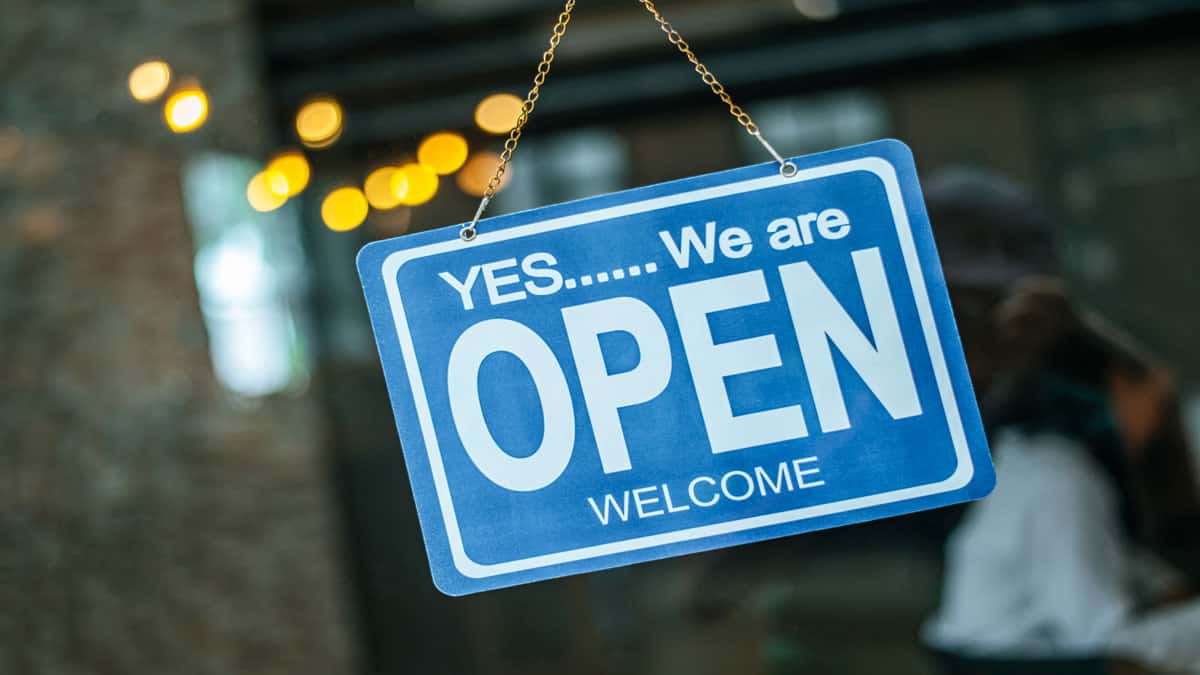
Higher interest rates don’t only hurt the housing market, they hurt small businesses too.
These businesses are the backbone of the economy.
When it costs them a lot more to borrow, they innovate and hire less.
Student Loan Payments

President Biden promised student debt relief.
Instead of going through Congress and trying to get something worked out that would be legal, he decided to go another route, which ended up being unconstitutional.
Now those struggling financially will get hit with the resumption of monthly payments.
This will hurt the economy as there will be less money spent on goods and services, which can help grow the economy.
Higher Gas Prices

Have you noticed gas prices have quietly crept back up again?
The only thing that saved the administration from disaster was releasing the Strategic Reserve to bring prices down temporarily.
But this can’t be done indefinitely.
So not only are people dealing with higher prices on everyday items, but now they have to deal with increased costs at the pump too.
Sadly, prices will most likely not lower significantly because of the decision to limit gas production domestically.
Slowing Job Market

As a side effect of higher interest rates, job growth slows down.
This can be a good thing, as it can help to lower inflation.
But in the current economic climate, this will not happen (we’ll talk about why shortly).
With fewer jobs, those out of work remain unemployed or take a lower-paying job.
Skyrocketing Insurance Premiums

Another reason why many Americans are not buying Bidenomics is rising insurance premiums.
Both home and auto premiums are skyrocketing due to the higher costs of cars and houses.
It doesn’t take a math major to understand that if lumber triples in price, an insurance company will have to raise rates to cover themselves if they have a claim on rebuilding a house.
Higher Interest Rates Hurting Housing

Another issue is that to combat high inflation, the Federal Reserve is rapidly raising interest rates.
Higher interest rates mean borrowing money for a home is more costly, putting home ownership out of reach of many Americans.
Unaffordable Housing
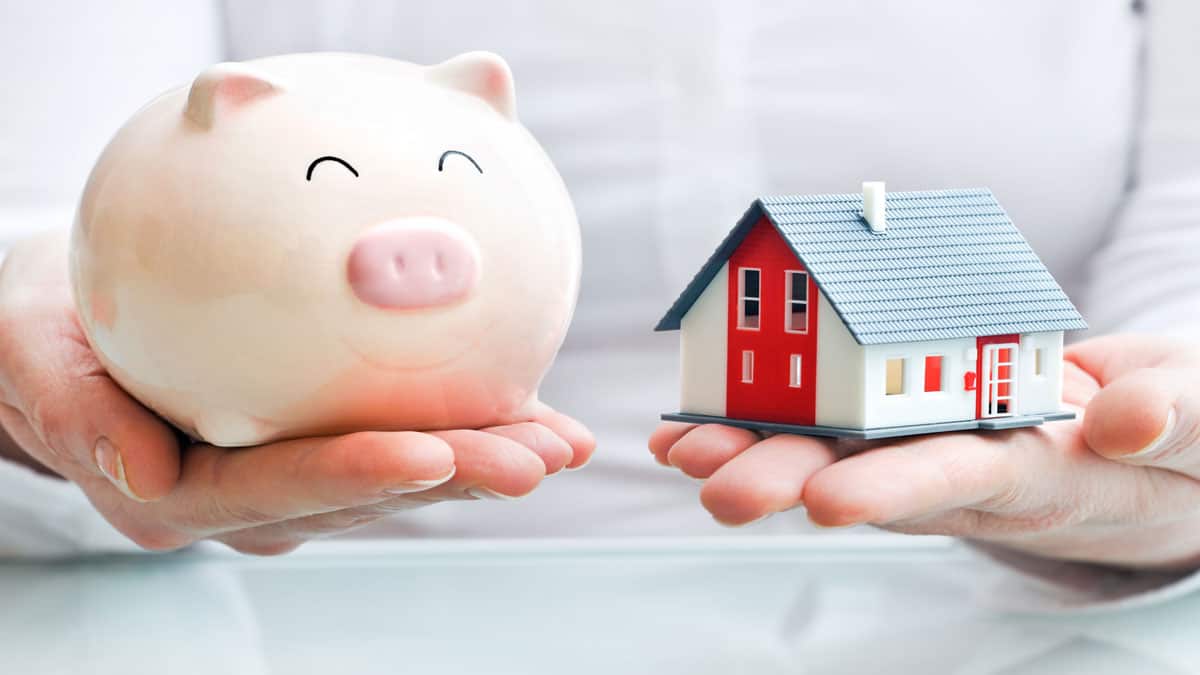
Tied into this issue is the skyrocketing price of housing.
This is due to several factors, including private investment firms purchasing single-family homes and putting them on the market as rentals.
But the bigger issue is that home builders have cut back on adding new inventory to the market because of economic uncertainty, mainly fears of a recession.
Plus, many Americans don’t want to sell when they have a mortgage rate of 4% or less, only to take out a new loan at 7%.
Because of a lack of houses for sale, prices rise, making owning unattainable to most.
Not Reversing Trump Tax Cuts

Remember when the 2017 tax cuts went into effect and everyone on the left claimed they only benefited the wealthy?
Yet in President Biden plans to extend the tax cuts after all.
Americans Not Buying What The President Is Selling

As I mentioned, only 34% approve of how the President is handling the economy, and 85% say that the economy is in poor shape.
The economic plan is not working, and many wonder if it will turn out for the better in the future.
While things need to change so everyone can enjoy a better future, this option is not the solution.
Middle Out vs Trickle Down

One of the key ideas behind Bidenomics is “middle-out” economics.
This approach starkly contrasts the “trickle-down” economics of the past, which focused on tax cuts for the wealthy in the hopes that the benefits would eventually trickle down to everyone else.
Another important aspect of Bidenomics is the focus on aggregate demand.
The Biden administration believes that by investing in infrastructure, education, and healthcare, you can create more demand for goods and services, creating more jobs and stimulating economic growth.
Now that you have a basic understanding, let’s dive into the disconnect between the plan and what is happening around the country.
The Poorest Americans Are Spending Like it’s a Recession

A new report out today highlighted how Dollar General Stores, who cater to low income people, is noticing these people have changed their spending habits.
What’s worse is that Dollar General also noted that it’s middle class consumers are also changing their spending habits too, due to the uncertainty in the economy.
People Are Giving Up on The Future

With all the craziness in the world, it’s no wonder people are losing hope.
Here are the biggest reasons why people are worried about the future, not hopeful.
REASONS WHY PEOPLE ARE GIVING UP HOPE
World Economic Forum’s Chilling Alert on a Cyber Pandemic

If you thought the global pandemic in 2020 was bad, buckle up.
A majority of business leaders and cyber leaders believe a catastrophic cyber event is likely in the next two years.
What does this mean for you, and should you believe it?
Here are the answers to your questions.
WORLD ECONOMIC FORUM WARNS OF CYBER EVENT
Dark Clouds Looming

There is a lot of negativity in the world right now.
Here are the main reasons people say why they are losing hope for the future.
Dark Clouds Looming: 12 Reasons People Have Lost Hope For the Future
How To Get Free Money

The idea of free money sounds like it can’t be true. But it actually is.
There are many ways you can get free money, from playing games, to watching videos, and more.
Here are the best ways you can get free money without having to work for it.
Learn How To Save $100K

Saving money can be hard, especially if you are looking to have $100K in the bank.
But while it feels difficult, don’t let this stop you. Here is how you can save $100,000 in nine steps.
How To Get Free Food With No Money

If you are short on cash, not eating doesn’t have to be a reality.
There are options out there that allow you to get free food, even if you don’t have any cash. Here is what you need to do.
How To Get Free Food With No Money
I have over 15 years experience in the financial services industry and 20 years investing in the stock market. I have both my undergrad and graduate degrees in Finance, and am FINRA Series 65 licensed and have a Certificate in Financial Planning.
Visit my About Me page to learn more about me and why I am your trusted personal finance expert.

